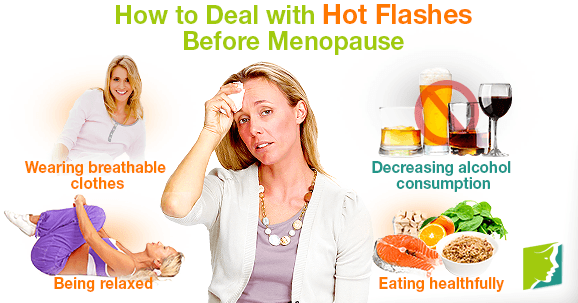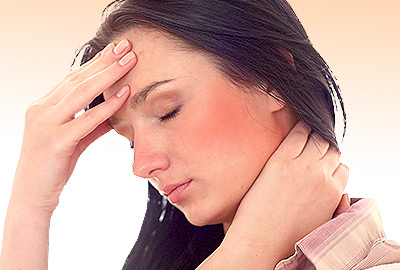When hot flashes come, they usually do not enter peacefully. Heart rate speeds up, breath becomes shallow, and profuse sweating is prompted by intense body heat. The symptoms can get in the way of your daily productivity and add anxiety to your life.
Hot flashes are typically seen in menopausal women, but some women experience them earlier. Hormonal imbalances at this age are usually related to lifestyle choices, in which case they can be easily addressed. Once you have identified the underlying trigger, it is easier to respond.
Decreasing Alcohol Consumption
Consuming alcohol is a known trigger for hot flashes. When you drink beer, wine, or spirits, it causes an increase in body temperature. Upon drinking more than one or two alcoholic beverages, many women report increased redness, sweatiness, and heat. Luckily, this modifiable risk factor can be resolved by simply keeping your alcohol intake to a minimum.
Eating Healthfully
Eating a healthy diet is a vital step in keeping a balanced body. It is best not to eat a lot of sugary foods, since a sugar crash will cause a surge of energy in your body accompanied by increased blood pressure, and thus it can be responsible for setting off hot flashes.
Also, although it can be very healthy, spicy food tends not to be a good option at this time. Stick to the mild options at Indian, Thai, and Mexican restaurants. In general, the recommended foods are whole grains, citrus fruits, bananas, dark leafy greens, and lean proteins, - such as tofu or fish. This will keep your body regulated and healthy, which instantly lowers your risk of having a hot flash.
Being Relaxed
Stress is one of the most common causes of hot flashes among younger women. Many abrupt life events, tightly-packed schedules, or an increase in responsibilities can cause stress and anxiety to build up rather quickly in your body.
Anxiety can directly trigger a hot flash because it raises cortisol levels in the body. This then causes increased heart rate and quickened breathing, which are your body's preparation for a “fight or flight” response. Practice yoga, meditation, or simply do 15 minutes of deep breathing every day in order to reduce tension significantly.
Wearing Breathable Clothes
Women who are suffering from hot flashes before menopause should not limit breathable fabrics - like cotton or linen - to the summer months. Nothing will make a hot flash worse than being trapped in a tight, polyester, long-sleeved shirt. During the winter, make sure to layer light-colored, natural fabrics over a tank top so you are free to remove garments as necessary. If you are more worried about the sweat and its stains than the heat, then you can wear loose, dark colored layers instead, so you can conceal the moisture and keep it airy.
Hot flashes, when unaddressed, can lead to extremely panicked and dizzying experiences. These tips, remedies, and reminders provide relief to women of all ages. Although it may be difficult to make subtle life adjustments at first, you will be happy you did when you notice the severity, duration, and frequency of your hot flashes greatly reduced.
Sources
- Office on Women's Health. (2010). Menopause. Retrieved March 10, 2014, from http://www.womenshealth.gov/menopause/menopause-basics/index.html
- Schilling, C., Gallichio, L., Miller, S., Langenberg, P., Zacur, H. & Flaws, J. (2007). Current Alcohol Use, Hormone Levels, and Hot Flashes in Midlife Women. Fertility and sterility, 87(6), 1483-1486. Retrieved March 10, 2014, from http://www.ncbi.nlm.nih.gov/pmc/articles/PMC1949018/
- Sood, R. , Sood, A. , Wolf. S. , Linguist, B. , Sloan, J. , Satele, et al. (2013). Paced breathing compared with usual breathing for hot flashes. Menopause, 20(2). 179-184. Retrieved March 10,2014, from http://www.ncbi.nlm.nih.gov/pubmed/22990758
- Whiteman, M. , Staropoli, C. , Langenberg, P. , McCarter, R. , Kjerulff, K. & Flaws, J. (2003). Smoking, body mass, and hot flashes in midlife women. Obstetrics and Gynecology Bulletin, 101(2), 264-272. Retrieved March 10, 2014, from http://www.ncbi.nlm.nih.gov/pubmed/12576249




